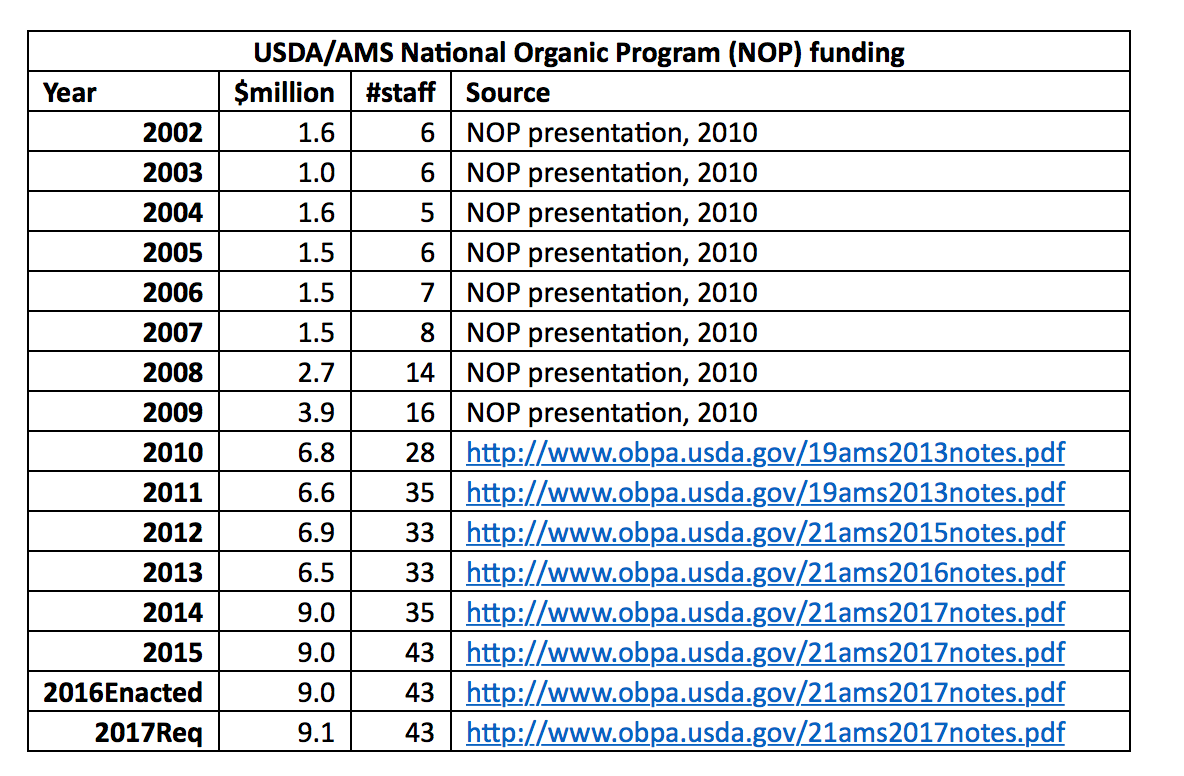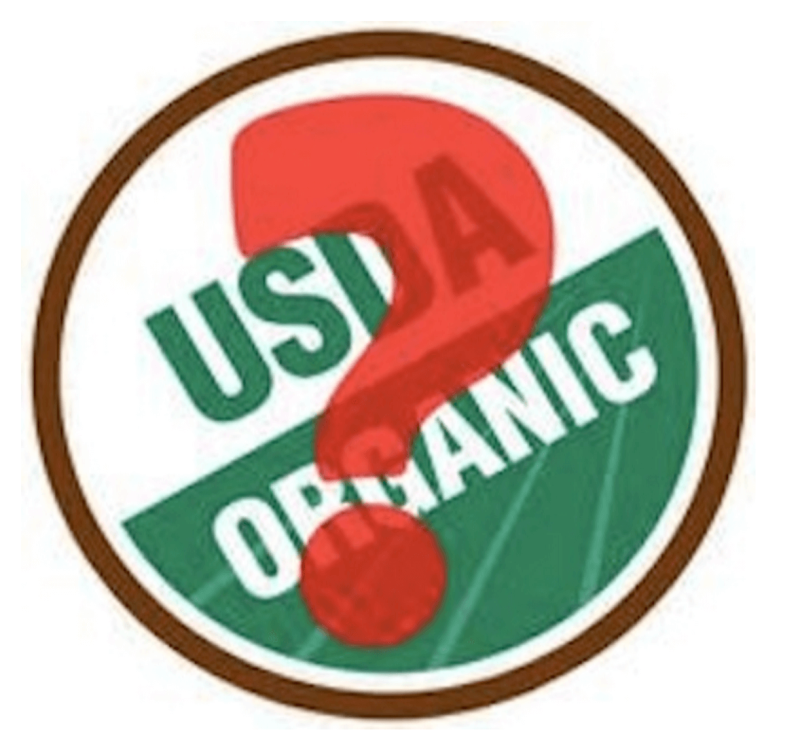[Editor’s note: Mischa Popoff is a policy advisor at The Heartland Institute, and is the author of Is it Organic? Jay Lehr is the Science Director at the Heartland Institute and is the author of more than 1,000 magazine and journal articles and 30 books.]
President Obama tripled the budget and staffing at the offices of the USDA’s National Organic Program (NOP), only to see American organic acreage flatline during his tenure.
The $9.1 million might seem like a rounding error for Washington D.C. But what 43 organic staffers actually did during Obama’s tenure will surprise you. Did they weed out fraud, make organic food better and encourage more domestic organic production? Sadly, no, no and no.
Organic imports from countries like China and Turkey grew steadily during Obama’s years, a trend that, not surprisingly, coincided with increased incidents of organic foodborne illnesses.
…
And yet, the only across-the-board organic testing in America’s multibillion-dollar organic industry is for GMOs, even though no one anywhere in the world, not human or animal, has ever fallen ill from consuming GMO foods. Costs, again, are borne entirely by — you guessed it — the private sector.
So where did all that money go if not to field testing? Perhaps to fund the hundreds of anti-modern-farming NGOs that run a constant barrage of anti-GMO, anti-pesticide, anti-fertilizer, anti-animal-confinement campaigns?

The GLP aggregated and excerpted this blog/article to reflect the diversity of news, opinion, and analysis. Read full, original post: Should the boost in funding for organic farming survive in the new administration?
For more background on the Genetic Literacy Project, read GLP on Wikipedia































